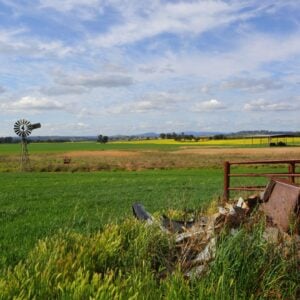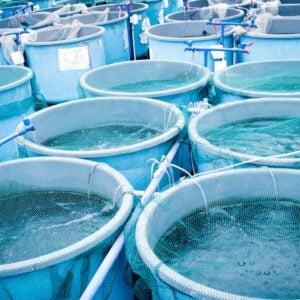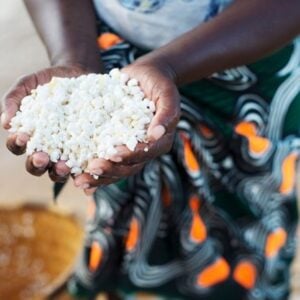The diets of the wealthiest 30% of the global population are responsible for over 70% of the environmental pressures from food systems, yet only 1% of people currently live within a safe and just space. Achieving a just transition requires high-income populations to shift toward diets with lower environmental impact, while ensuring that the majority in low- and middle-income countries can improve nutrition without exceeding planetary boundaries. Food systems are major contributors to environmental degradation, driving five planetary boundary transgressions and accounting for roughly 30% of global greenhouse gas emissions, meaning that even if fossil fuel use declines, food alone could push warming beyond the Paris Agreement target of 1.5°C. Climate action must therefore pay more attention to food production, supply chains, consumption patterns, and waste, while collaboration across sectors including health, education, and finance is necessary to transform diets and food systems equitably.
The question of whether Africa, East Asia, and the Pacific are overconsuming fish depends on context. The Planetary Health Diet (PHD) provides reference values for sustainable consumption, but the 28 grams per day fish recommendation is part of a total animal protein allocation and assumes moderate consumption of other animal-source foods. In regions where fish is the main source of animal protein due to affordability, availability, or cultural preference, higher consumption does not indicate excess but rather substitution. In Africa, fish often compensates for low poultry intake, while in the Pacific, fish is central to traditional diets. In East Asia, high consumption reflects economic growth and urbanization with diverse animal protein sources.
Policy implications for aquatic foods include the need for better data on spatial, demographic, and nutritional dimensions of consumption, recognizing significant disparities by region, gender, and age. Fish should be valued not only as protein but also for micronutrients such as iron, zinc, and omega-3 fatty acids. Sustainable fisheries management and environmentally responsible aquaculture are essential to meet demand while protecting ecosystems and supporting the livelihoods of small-scale fishers and farmers. Continuous dietary monitoring is necessary to ensure national guidelines remain relevant and equitable, and policies should focus on fair distribution, affordability, and social inclusion to ensure access to nutritious aquatic foods.
Global dietary frameworks like the PHD must be interpreted in local contexts. In regions where fish is a staple and a critical source of nutrients, exceeding global reference levels does not constitute overconsumption. The priority is to ensure that aquatic foods are harvested, produced, distributed, and consumed in ways that support nutrition and equity while remaining within planetary boundaries. This approach balances environmental sustainability with the nutritional needs and cultural practices of local populations, fostering both public health and ecological resilience.







